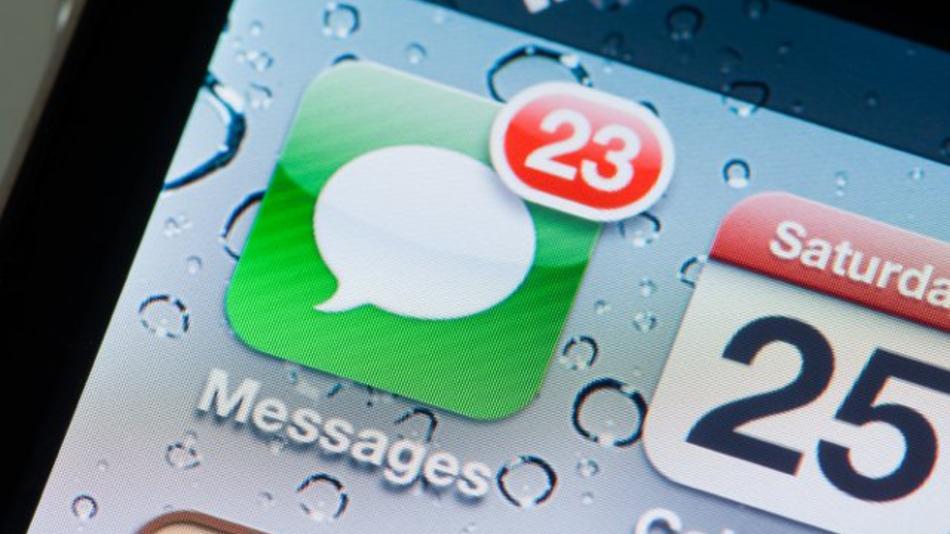Censored Texts

Text messaging has quickly become a major way for people around the world to communicate with each other. And where there is a communications channel, for those people living outside Western societies especially, there is almost certain to be censorship.
And in Pakistan, the censorship of text messages borders on the absurd.
Like many other nations, Pakistan has a constitution which guarantees freedom of speech. But these protections — codified under Part II, Chapter 1, Paragraph 19 (“Fundamental Rights: Freedom of speech, etc.”), as republished below, have significant limitations:
Every citizen shall have the right to freedom of speech and expression, and there shall be freedom of the press, subject to any reasonable restrictions imposed by law in the interest of the glory of Islam or the integrity, security or defense of Pakistan or any part thereof, friendly relations with foreign States, public order, decency or morality, or in relation to contempt of court, [commission of] or incitement to an offense.
And these limitations have led to de facto restrictions. As the Guardian reported in November of 2011, the Pakistan Telecommunication Authority issued guidelines (a misnomer, given that they are hardly optional) for mobile carriers which includes a list of approximately 1,100 terms which should not be allowed to be transmitted. While some of the terms are predictable — anything involving the f-word or a few choice slang terms for various body parts are forbidden — some are a bit surprising. For example, the terms “flatulence” and, strangely, “deposit” are both banned, so it may be hard to text your spouse about what you did with your last pay check — or what you thought about last night’s dinner. It also includes words found in other religions, typically Christianity, such as “devil” and “Jesus Christ,” and work-arounds for some seemingly innocuous terms; “idiot” is barred as is “id10t.”
The complete list, via PC Magazine, is available here — but please don’t click that unless you want to read a lot of things which you’d probably not use in polite company.
Bonus fact: Texting while driving is dangerous, as most people know. But texting while walking also can be. According to the New York Times, “[s]lightly more than 1,000 pedestrians visited emergency rooms [in the U.S.] in 2008 because they got distracted and tripped, fell or ran into something while using a cellphone to talk or text.” And of course, the problem isn’t limited to the United States. A directory services company in the UK wrapped lamp posts with branded padding in order to protect distracted pedestrians (while, of course, advertising their product).
From the Archives: Feeling Buzzed: Ever feel your cell phone vibrate in your pocket, only to check it to see that it never vibrated at all? Here are some reasons why this happens.
Related: Texting gloves. Keep your hands warm while calling your friend an “id10t” via SMS, all at the same time.
